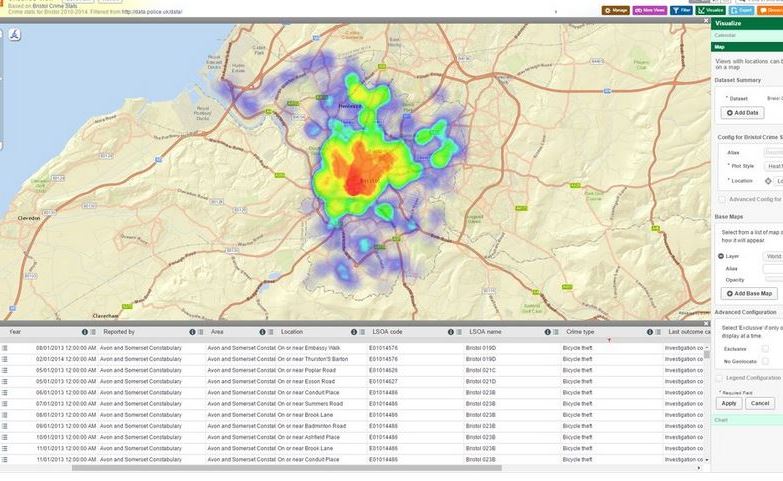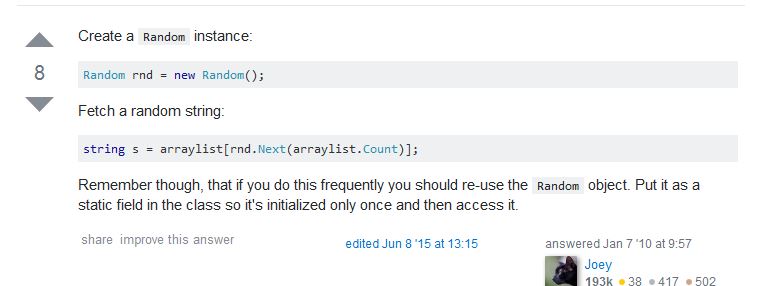Excuses
I’ve been rubbish at updating this blog. I’ve not posted for over a year (though there’s a few drafts knocking around). My excuse is that the last post coincided with the arrival of a foster dog who ended up staying for 6 months, and walking/feeding/training/gazing adoringly took up a lot of time.
Anyway, I’m back, with lots of ideas for posts (whether they materialise or not is another matter).
‘Real work’
What prompted this little flurry of activity is two things I heard at work last week.
- A newish line manager mentioning in a daily standup meeting how he got some 1:1s ‘out of the way’, with at least one of his reports present;
- My team was asked to create some strings ‘as soon as possible’ (natch) for translation reasons, but this hadn’t been planned into the current sprint. I offered to do it (I have done it before and can just about manage the version control process with some help) so it gets done without impacting the sprint work. After this was discussed a senior colleague said I’d be doing some ‘real work for once’…
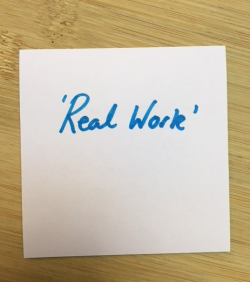 The two people involved were making throwaway comments and I think if they’d stopped to think they wouldn’t have used those words. I mentioned it to the speaker in case 1 a few days later – he said he didn’t mean it like it sounded and he probably could have phrased it better.
The two people involved were making throwaway comments and I think if they’d stopped to think they wouldn’t have used those words. I mentioned it to the speaker in case 1 a few days later – he said he didn’t mean it like it sounded and he probably could have phrased it better.
In the second case I called it out straight away and I got what I felt was an apologetic response. I wasn’t particularly offended or upset (after doing this for a few years, I have confidence in what my skills bring to development teams) but there was a momentary flash of annoyance when my purpose and value was apparently called into question.
The two cases are different but related – and have led to a few days of rumination on what people consider ‘real work’.
This idea of productive output (in this case, code) being, in words from my industry, ‘must have’ and communicating, improving, planning, pairing, mentoring, coaching, testing, discussing, leading and so on being ‘nice to have’ is insidious. People claim to value such things but their behaviour often says otherwise, especially during ‘crisis’ situations, (arguably the time you need this stuff the most).
If more than one person is ever going to build, test and maintain the software, planning and communication is essential. If the software should reach a quality threshold, and knowledge is to be shared, pairing and discussing is essential. If companies want to retain staff, and keep them engaged and motivated, mentoring, coaching and leadership is essential.
What people (everyone but especially those in management/leadership roles) need to understand is that in building modern software systems, those ‘nice to haves’ are essential in anything other than the shortest-term case.
And importantly they need to convey this so others understand they are valued.
What does a scrum master do anyway?
I think the reason these two events are connected is because much of what I see as part of my role fits into some people’s views of what’s ‘nice to have’. I talk to people, observe, coach, suggest, facilitate, develop the planning and communication skills of the whole team, push for continuous improvement…and yes, drink a lot of hot beverages while I do it.
I should point out that I’m guilty of such thoughts occasionally – the first time I created some copy for the dev team, somewhere deep in my brain there was a tiny buzz about how I had 17 strings to show for my time. Hurray! Look at this validation of my worth! (I even felt like a real developer when some erroneous quote marks broke the build 😉 (despite 3 approvals on my pull request…))
Despite the confidence I mention above, I do have the odd moments of doubt, dwelling on my lack of tangible output and wondering if I should create an intranet page that no one will ever look at.
Mostly however, I am able to resist the lure of busy work and keep my focus on collective output and team wellbeing.
For any new (or experienced) scrum masters that have similar moments of doubt, the best analogy I have heard is that of engine oil.
Wikipedia’s definition includes the following: ‘The main function of motor oil is to reduce friction and wear on moving parts and to clean the engine from sludge’. Oil’s not a moving part, and it doesn’t convert fuel to code kinetic energy but the engine isn’t going to function well for long without it.
I’ve definitely helped reduce friction and wear, and prompted the team to discover and remove the sludge – ie things that slow us down or confuse things.
(There’s something here about developing teams enough so they become…er self-lubricating but it’s probably best not to go down that analogy rabbit hole.)
And anyway, if people look hard enough, it turns out there are many tangible outputs from my role – meetings with a clear purpose, a team that is able to consistently deliver work, moderately content team members that don’t flounder in apathy or stress… The difference is that these relate to the collective (the team) and they come into being over a longer period of time than an hour or a day.
And, the work that goes into achieving this is subtle but real.

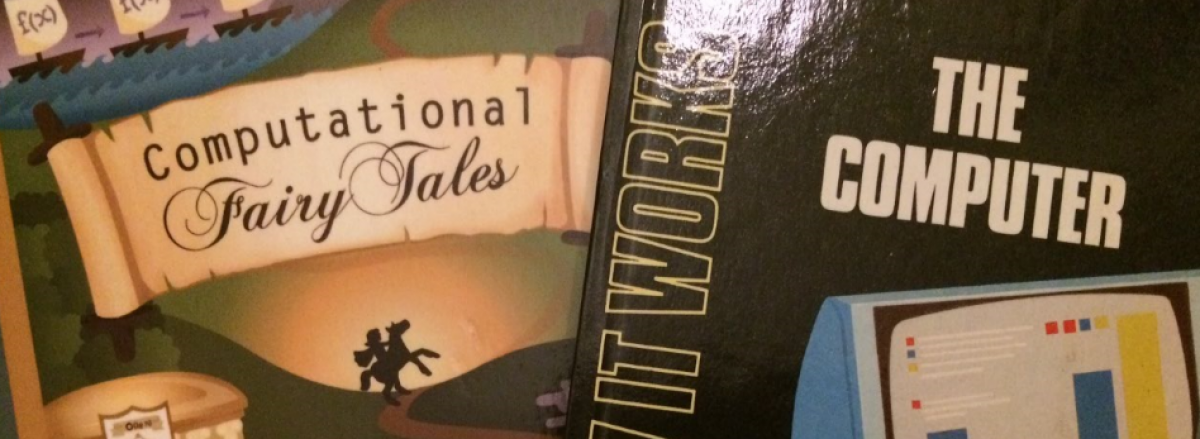

 The two people involved were making throwaway comments and I think if they’d stopped to think they wouldn’t have used those words. I mentioned it to the speaker in case 1 a few days later – he said he didn’t mean it like it sounded and he probably could have phrased it better.
The two people involved were making throwaway comments and I think if they’d stopped to think they wouldn’t have used those words. I mentioned it to the speaker in case 1 a few days later – he said he didn’t mean it like it sounded and he probably could have phrased it better.

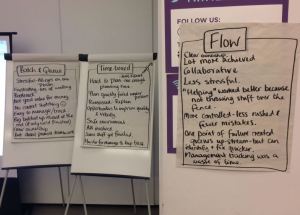 Meeting
Meeting 
 Polaroids, playlists, realtime retro – there were some great interactive elements scattered around the venue with feedback being acted on swiftly and hilarious Polaroid selfies helping us find out more about our fellow attendees.
Polaroids, playlists, realtime retro – there were some great interactive elements scattered around the venue with feedback being acted on swiftly and hilarious Polaroid selfies helping us find out more about our fellow attendees.



